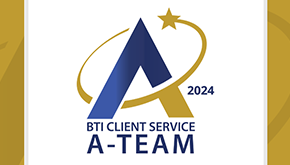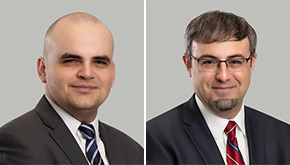The digital revolution has created staggering amounts of data at the rate of trillions of megabytes every day. With the proliferation of smart devices from phones to tablets and watches, cloud computing and the Internet of Things, that volume will only increase.
Sifting through mountains of digital information for critical evidence in many types of litigation is a key issue. The courts expect parties to adequately preserve potentially relevant electronic data and will punish those who fail to comply. After preservation, the goal is to collect and review only the potentially relevant data. Over-collection drastically increases the cost of review and production. Armstrong Teasdale recognized early on how crucial this revolution would be and established a dedicated E-Discovery practice consisting of lawyers with the knowledge and experience to meet the legal and technical challenges of e-discovery. Coupled with the resources of the firm’s Lawgical Choice subsidiary, we can quickly, efficiently and comprehensively advise clients on preservation and collection, and review strategies for efficiently handling the e-discovery process.
Acting as an experienced partner for clients, we understand the many challenges presented by e-discovery and provide a firm grasp of established and emerging technical and legal standards in this area. We handle electronic preservation and discovery, including forensic data collection, remote or onsite data collection, review database hosting, document review, electronic data production and analysis of the opposition’s electronic data. We use the latest technologies, including online review hosting, global de-duplication, email threading, machine learning, analytics, computer-assisted review and presentation of electronic records and video at trial. Our technical and legal resources enable us to use the many forms of electronic data effectively in litigation from initial preservation through discovery, depositions, and at trial.









































